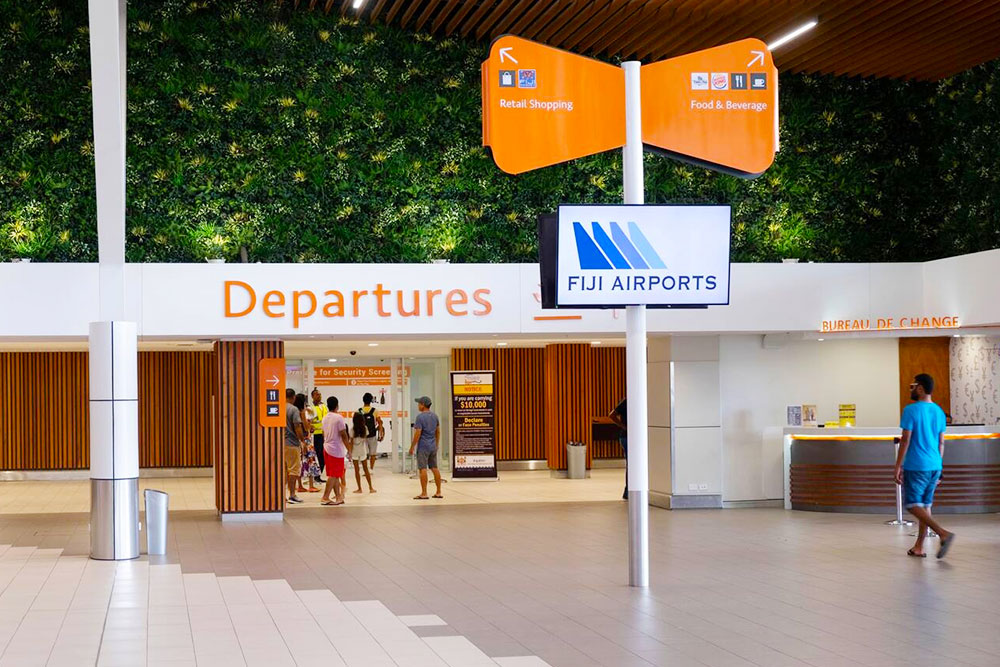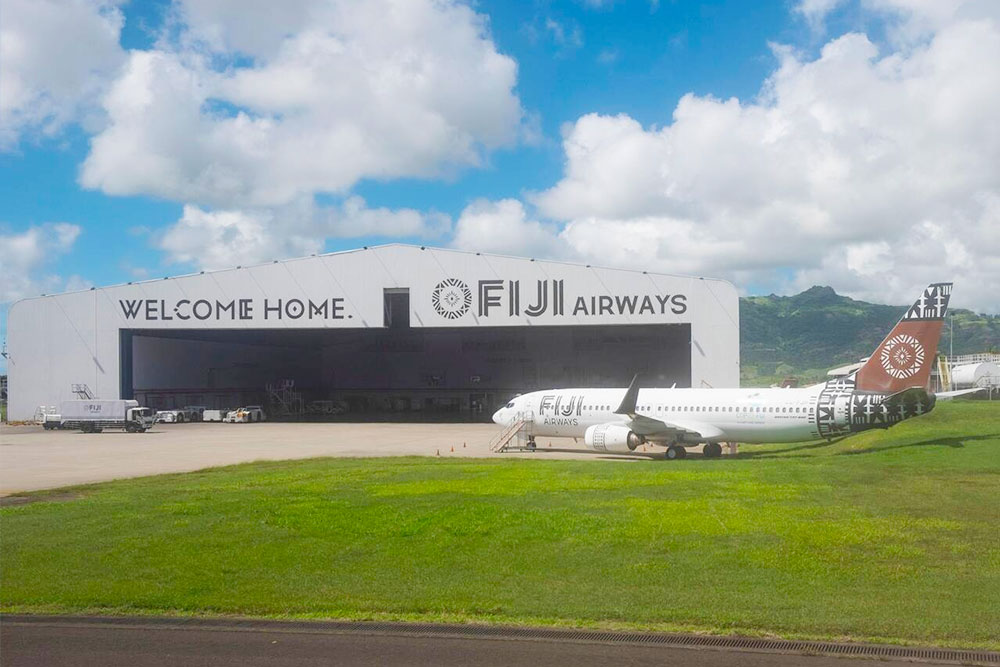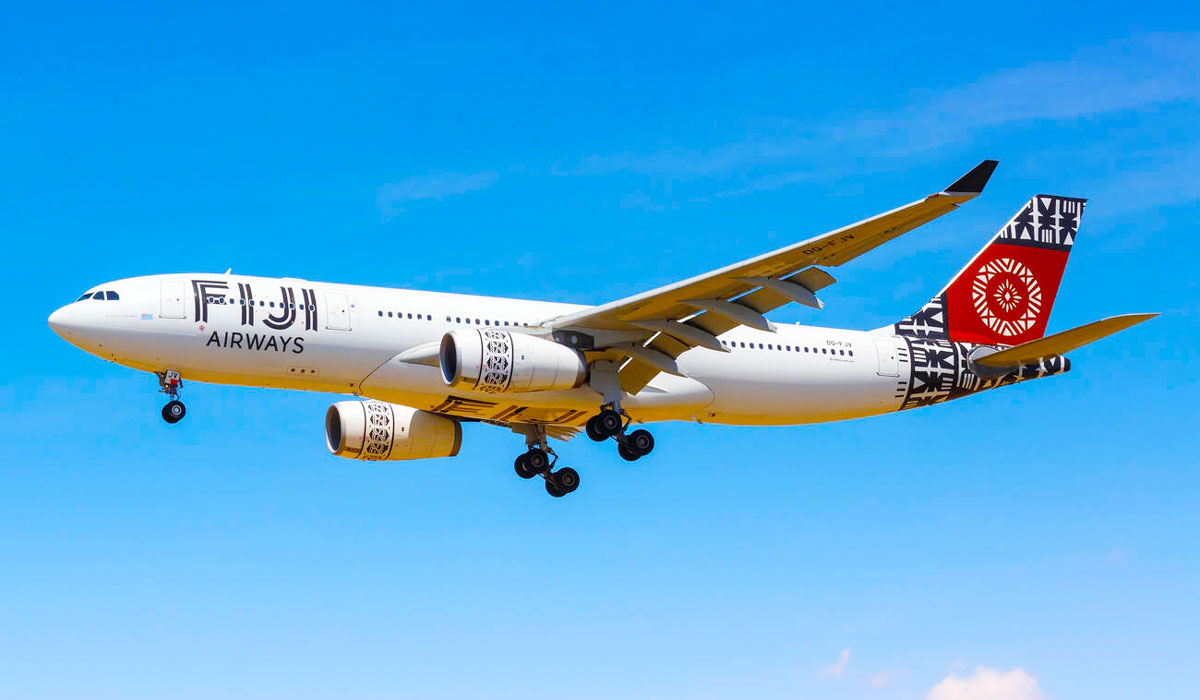Fiji, an idyllic paradise in the South Pacific, is renowned for its stunning beaches, crystal-clear waters, and vibrant coral reefs. With over 300 islands, this tropical haven offers an array of experiences, from lush rainforests and majestic waterfalls to rich cultural heritage and warm hospitality. The article delves into the intricacies of finding the cheapest time to fly to Fiji, emphasizing factors such as seasonality, demand fluctuations, and specific booking windows. It explores the impact of holidays, school vacations, and weather patterns on airfare prices.
Practical tips for finding the cheapest time to book flights and securing the best deals include monitoring fare comparison websites, setting up price alerts, and being flexible with travel dates. The piece also discusses the potential savings from flying mid-week versus weekends and highlights the advantages of booking well in advance.
When is the Cheapest Time to Fly to Fiji in 2025?

The cheapest time to fly to Fiji is generally during the wet season, which falls between November to April. The absolute most affordable month to fly is typically February. However, it’s important to remember that Fiji has a tropical climate, so expect some rain showers throughout the year.
If you’re looking for the best weather conditions, the dry season is between May and October. This is also the peak tourist season, so expect to pay more for flights and accommodations.
Cheapest Day of the Week and Time of Day to Fly to Fiji
When planning a trip to Fiji, the cheapest day of the week to fly is typically Tuesday. Airlines often release fare sales early in the week, and competition on this day can lead to lower prices.
As for the time of day, early morning flights (around 6 AM to 8 AM) tend to be more affordable than afternoon or evening departures. Flying at less popular times can help you secure better deals, allowing you to enjoy Fiji’s breathtaking beauty without overspending.
Cheapest Airlines that Fly to Fiji with Average Prices

Here are seven affordable airlines that frequently offer competitive fares to Fiji, along with their average price range:
- Fiji Airways (FJ): Fiji’s national airline offers nonstop flights to Nadi (NAN) from various locations in the US and Australia, making them a convenient choice. Average roundtrip price: $1,200 – $2,000 USD
- Jetstar (JQ): This Australian budget airline offers flights to Nadi (NAN) from several Australian cities. Average roundtrip price: $800 – $1,500 USD
- Virgin Australia (VA): Another Australian carrier with flights to Nadi (NAN) from various Australian cities. Average roundtrip price: $900 – $1,800 USD
- Air New Zealand (NZ): New Zealand’s national airline offers flights to Nadi (NAN) from several New Zealand and Australia cities. Average roundtrip price: $1,000 – $1,700 USD
- Qantas (QF): Australia’s largest airline offers flights to Nadi (NAN) from various Australian cities. Average roundtrip price: $1,100 – $2,000 USD
- United Airlines (UA): This primary US carrier offers connecting flights to Nadi (NAN) from various US cities. Average roundtrip price: $1,300 – $2,500 USD
- American Airlines (AA): Another primary US carrier that connects flights to Nadi (NAN) from various US cities. Average roundtrip price: $1,400 – $2,300 USD
Pros & Cons of the Cheapest Time to Fly to Fiji

Pros of Flying to Fiji During the Cheapest Time
- Lower Costs: This is the most significant advantage of the cheapest time to fly to Fiji. Flights and accommodation are generally significantly more affordable during the wet season. You can stretch your travel budget further and enjoy a more extended trip or splurge on other activities.
- Fewer Crowds: Tourist numbers tend to dip during the wet season. This means shorter lines at attractions, a more relaxed resort atmosphere, and a more authentic Fijian experience.
- Lush Landscapes: The wet season brings lush greenery and vibrant flora. Waterfalls are at their fullest, and the scenery can be pretty breathtaking.
- Warmer Waters: Sea temperatures are typically warm during the wet season, making it ideal for swimming, snorkeling, and diving.
Cons of Flying to Fiji During the Cheapest Time
- Higher Chance of Rain: You’ll encounter more frequent rain showers, sometimes heavy and short-lived. This can disrupt outdoor activities and limit your options at times.
- Humidity: Increased humidity can make it feel hotter and more uncomfortable, mainly if you’re not used to tropical climates.
- Rougher Seas: The wet season can bring choppier waters, impacting water activities like boat tours or snorkeling trips.
- Limited Sunshine: You might have fewer guaranteed days of sunshine than in the dry season.
- Potential for Mosquitoes: Mosquitoes can be more prevalent during the wet season, so be sure to pack insect repellent.
Tips for Finding the Cheapest Flights to Fiji

- Be flexible with your travel dates. Flights are typically cheaper on weekdays and during the shoulder seasons (April-May and September-October).
- Consider flying into a smaller airport in Fiji. Nadi (NAN) is the main international airport, but smaller airports on other islands may have cheaper flights.
- Book your flights in advance, especially during peak season (June-August).
- Sign up for email alerts from airlines and travel websites to be notified of sales and promotions.
- Consider flying on a budget airline. Budget airlines typically have lower fares but may have fewer amenities and more fees.
- Use a flight search engine to compare prices from different airlines. Many online flight search engines, such as Google Flights, Kayak, and Skyscanner, are available.
In conclusion, we hope this article has provided valuable insights for uncovering the cheapest days and times to book your flights to Fiji. With thoughtful planning and these budget-friendly strategies, you can experience Fiji’s stunning beauty and rich culture without straining your budget. If you have any questions or want to share your travel experiences, please comment below! We’d love to hear from you. Happy travels!
Share this BlogFrequently Asked Questions
For the best deals, booking your flight at least 3-6 months in advance is recommended.
Yes, mid-week flights, particularly on Tuesdays and Wednesdays, are often cheaper compared to weekend flights.
Due to increased demand, flight prices tend to be higher during holidays and school vacations.
Absolutely; setting up price alerts on fare comparison websites can notify you of price drops and deals, helping you secure cheaper flights.











